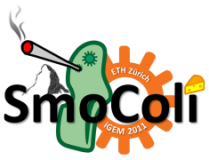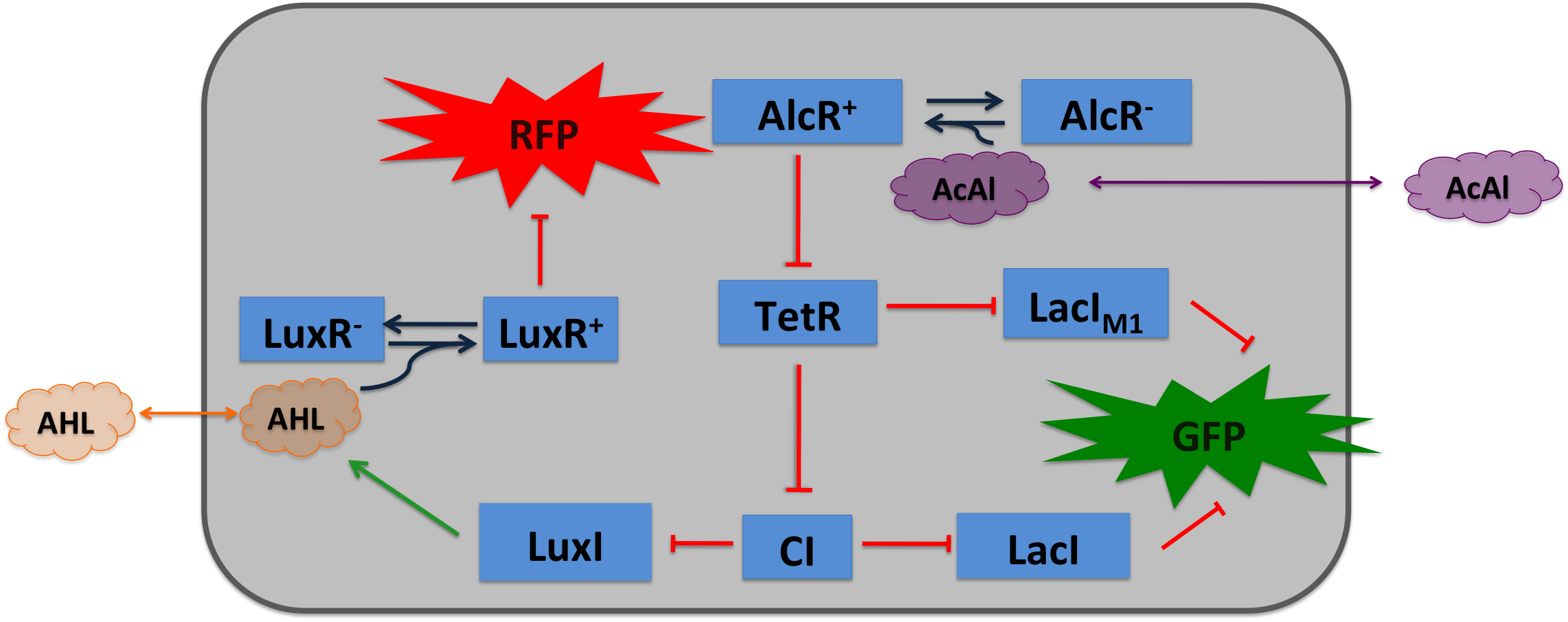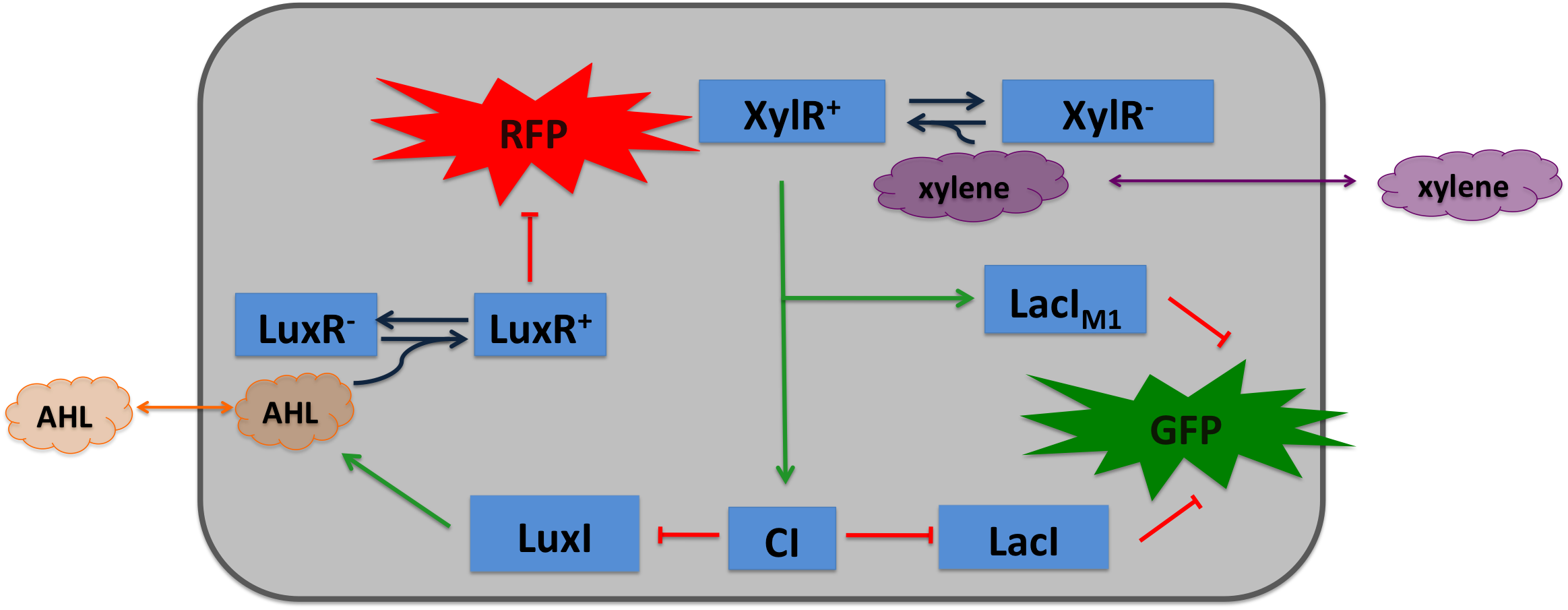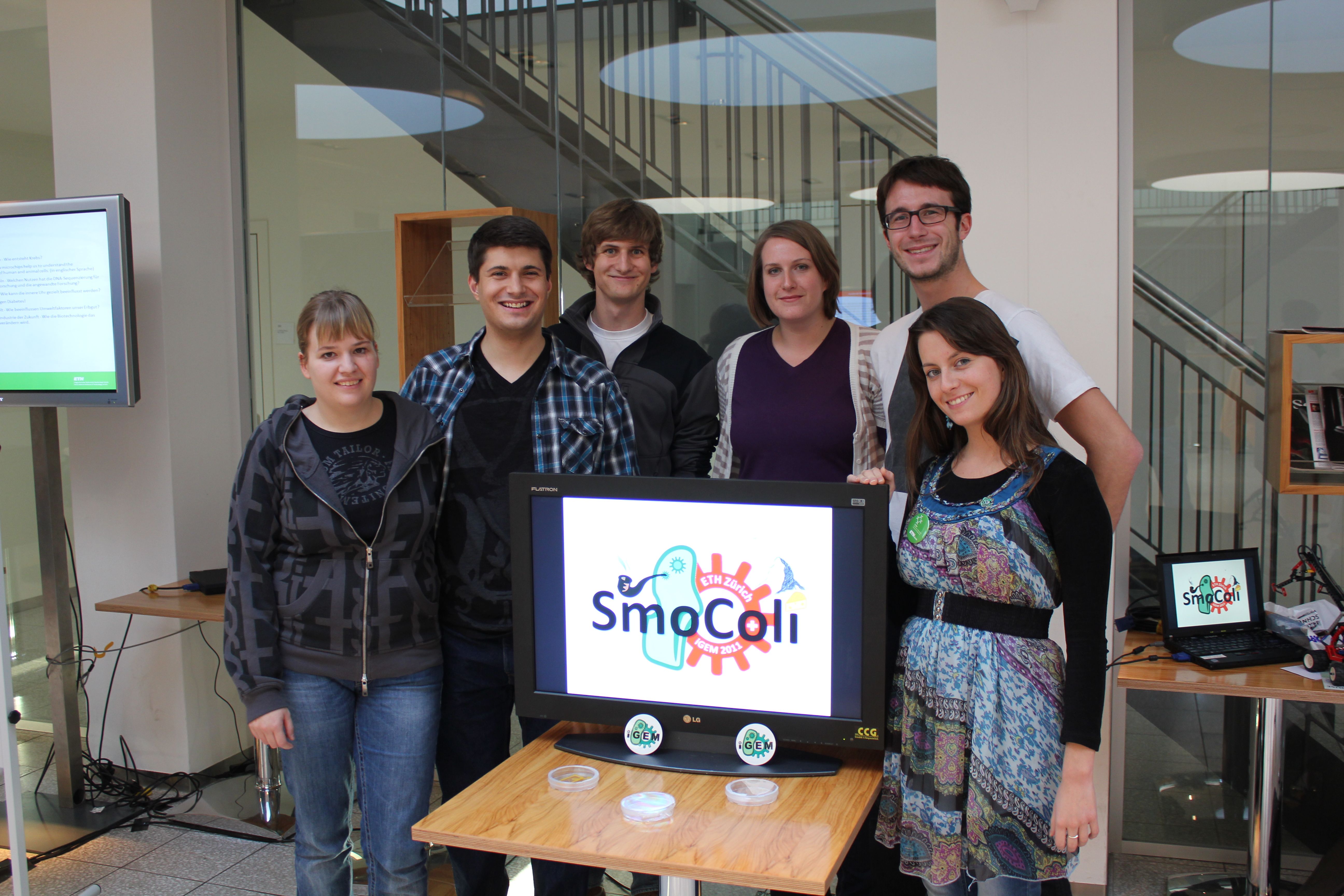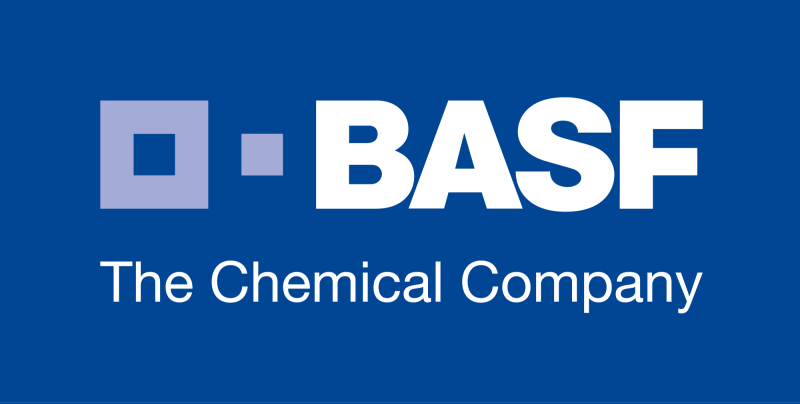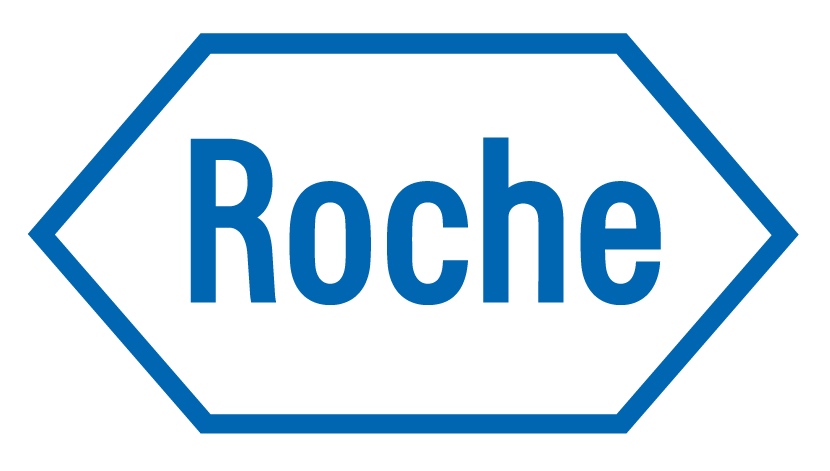Team:ETH Zurich
From 2011.igem.org
(Difference between revisions)
| Line 16: | Line 16: | ||
|valign="top"|'''SmoColi is a bacterio-quantifier of smoke concentration that can be used as a passive smoke detector. Cigarette smoke contains a lot of different toxic and carcinogenic substances, most of which are volatile, e.g. acetaldehyde or xylene. Therefore we can use them as an airborne information carrier. The SmoColi cells are immobilized in an agarose-filled microfluidic device. The test solution is fed to one end of a microfluidic channel, in which a concentration gradient is established by diffusion and synthetic cellular degradation. The cells are engineered to sense a certain molecule. Some sensors were integrated as found in nature, others had to by synthetically re-designed, e.g. the fungal acetaldehyde-responsive transactivator. The sensor is linked to a band-pass filter that drives GFP expression. This allows establishment of an input-concentration-dependent, moving fluorescent band displaying quantitative information of the input. Finally, if the input concentration exceeds the threshold of malignance, a quorum-sensing-based mCherry alarm system springs into action, turning the entire device red.''' | |valign="top"|'''SmoColi is a bacterio-quantifier of smoke concentration that can be used as a passive smoke detector. Cigarette smoke contains a lot of different toxic and carcinogenic substances, most of which are volatile, e.g. acetaldehyde or xylene. Therefore we can use them as an airborne information carrier. The SmoColi cells are immobilized in an agarose-filled microfluidic device. The test solution is fed to one end of a microfluidic channel, in which a concentration gradient is established by diffusion and synthetic cellular degradation. The cells are engineered to sense a certain molecule. Some sensors were integrated as found in nature, others had to by synthetically re-designed, e.g. the fungal acetaldehyde-responsive transactivator. The sensor is linked to a band-pass filter that drives GFP expression. This allows establishment of an input-concentration-dependent, moving fluorescent band displaying quantitative information of the input. Finally, if the input concentration exceeds the threshold of malignance, a quorum-sensing-based mCherry alarm system springs into action, turning the entire device red.''' | ||
|} | |} | ||
| + | |} | ||
| + | |||
| + | {|class="roundContainer" | ||
| + | |style="font-size:2em; height 30px" class="overview"|[[Team:ETH_Zurich/Achievements/Data_page|Data Page]] | ||
|} | |} | ||
| Line 31: | Line 35: | ||
|valign="top"|[[File:ETHZ-Overview_Information_Processing.png|600px|center|Overview of our system|link=Team:ETH_Zurich/Overview/CircuitDesign]] | |valign="top"|[[File:ETHZ-Overview_Information_Processing.png|600px|center|Overview of our system|link=Team:ETH_Zurich/Overview/CircuitDesign]] | ||
|} | |} | ||
| - | |||
| - | |||
| - | |||
| - | |||
| - | |||
|} | |} | ||
Revision as of 00:50, 22 September 2011
|
|
| Data Page |
|
|
| Our Sponsors |
 "
"
